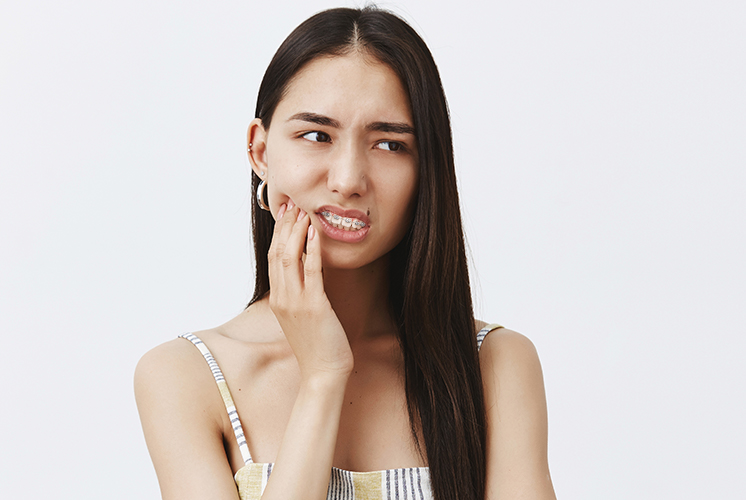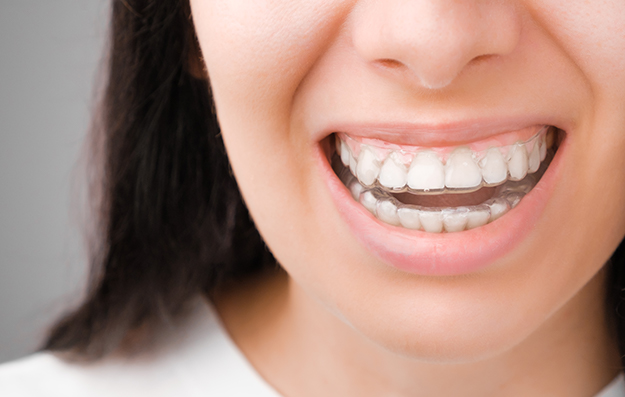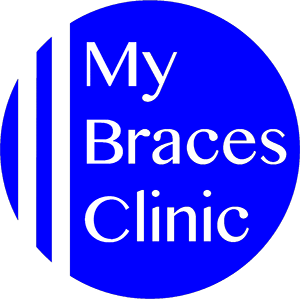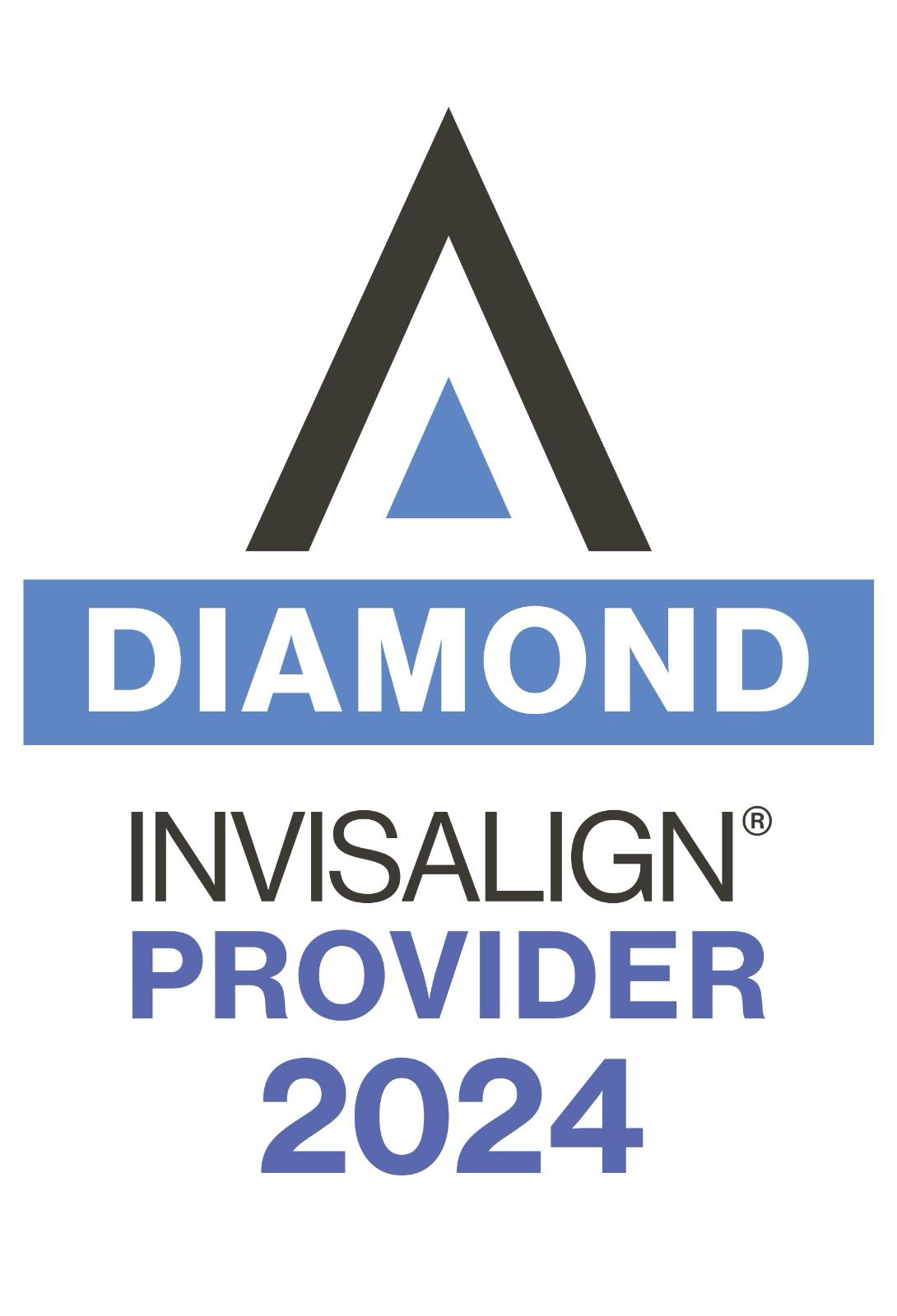
Wearing orthodontic braces is an ideal solution to achieving a healthy smile, but it comes with a little discomfort. There are different problems that you may experience during your braces journey, ranging from slight soreness and irritation in gums, cheeks and tongue, to more serious and persevering issues like the discolouration of teeth or tooth decay. However, these bigger complications are not the norm but the exception and they can be prevented as long as you follow your orthodontist’s advice as well as take proper care of your teeth. In this blog, we share some braces problems and let you know what you can do to fix them!
Common Braces Problems
1. Soreness
It is completely normal to experience soreness in your gums, particularly within the first four days to a week of getting your braces fixed or after tightening them during your monthly appointments. Whether it is traditional metal braces, Damon braces or Invisalign retainers, braces work by applying pressure on your teeth in order to gradually shift them into an ideal position.
Some patients choose to take over-the-counter medicine for pain relief, like Ibuprofen. However, if the pain persists or is overwhelming, you should call your orthodontist and have them check if there are any serious problems that need to be taken care of immediately.
2. Irritation
For traditional metal braces, Damon self-ligating braces, ceramic braces and any other braces that have protruding brackets or parts, it is common for you to experience irritation. Brackets and wires may constantly rub against your cheeks and tongue, causing irritation and the formation of ulcers.

To prevent discomfort from rubbing, use the dental wax provided by your orthodontist during your first braces appointment. Simply apply the dental wax over the brackets or wires that are in constant contact with your skin, to ‘smoothen’ them out so they don’t cut your mouth.
On the up side, ceramic braces are known to be less abrasive on your cheeks and tongue than metal ones. Invisalign aligners provide even more comfort by wrapping snugly around the teeth, reducing discomfort and irritation.
Read more: Everything you need to know about ceramic braces
3. Difficulty eating
Due to soreness or tenderness in your gums, you might find it difficult to chew your food. This is why orthodontists advise patients not to eat hard foods like corn, apples, nuts, hard candy, tough meat etc. when they are wearing braces. Aside from causing your teeth to hurt more than they should, hard foods may also damage your braces and require an extra trip to your orthodontist.
Instead, stick to soft foods like porridge, oatmeal, mashed potatoes, corn niblets, scrambled eggs, soft vegetables etc.

The exception lies with Invisalign: patients take off their aligners before every snack or meal, so they usually have no difficulty chewing hard foods. However, Invisalign wearers should still avoid sticky, chewy foods like candy, as these can easily remain trapped on their teeth throughout the day , becoming a cause for tooth cavities and decay. Foods that cause stains like coffee and tea should also be avoided, as they can discolour both your teeth and Invisalign aligners if not cleaned properly.
Other Preventable Side Effects
Unlike regular and expected problems like soreness and irritation, these are some less common side effects that can occur with braces. Don’t worry, because these problems can be avoided if you take precautions to inform your orthodontist and proper care of your teeth throughout as well as after treatment.
1. Allergic reactions
One alarming issue is allergic reactions to your orthodontic braces. Some patients have an allergy to latex rubber and might experience mild to serious symptoms like runny nose, stuffy nose, itching and hives.
In order to prevent such reactions from occurring, you should inform your orthodontist of all your allergies during the first consultation. Instead of traditional metal braces that use rubber bands to hold the archwire in place, your orthodontist might recommend Damon self-ligating braces that use a gate-technology to hold the archwire in place. This means that your braces will be latex-free and safe for you to wear. Another option is Invisalign clear aligners that are made fully out of medical grade plastic – a safe solution for you.

2. Decalcification
Decalcification is the appearance of white spots on your teeth in areas where bacteria has built up to form plaque. Braces often make it difficult to reach certain areas of your teeth, including around the brackets, causing bacteria to grow which will lead to a rapid breeding ground for plague. Plaque will cause your teeth to develop white spots, cavities and even tooth decay.
That’s why it is important to maintain good oral hygiene when you are wearing braces. Use special dental products like floss threaders, super floss, and GUM soft-picks to help you clean the hard-to-reach areas to ensure that your teeth are food-free after every meal.
3. Teeth relapse
Teeth relapse refers to the shifting of your teeth back to their original position, and is a problem that may occur after your braces treatment. As your teeth take time to stabilise in their new position, you are required to wear braces day and night for the first few months after your treatment. Afterwards, orthodontists generally advise users to wear their retainers every night, for an indefinite period. If you neglect to wear your retainers, especially in the first few months after treatment, your teeth will ‘relapse’ into their previous position.
Take care of your healthy smile by wearing your retainers as advised by your orthodontist.

Altogether, you can expect some soreness, irritation and difficulty chewing when you’re wearing braces – but, as long as you brush thoroughly, maintain good oral hygiene, take your orthodontist’s advice and quickly raise any persisting problems to them, your braces journey will be relatively easy. Plus, you’ll finish your treatment with a healthy and confident smile!
My Braces Clinic is an orthodontic clinic in Singapore that specialises in providing braces treatment for adults, teens and young children. We offer a range of treatment options to cater to your teeth and lifestyle, such as traditional metal braces, Damon clear braces, ceramic braces and Invisalign aligners. Make an appointment with us to get started on your braces treatment today!




